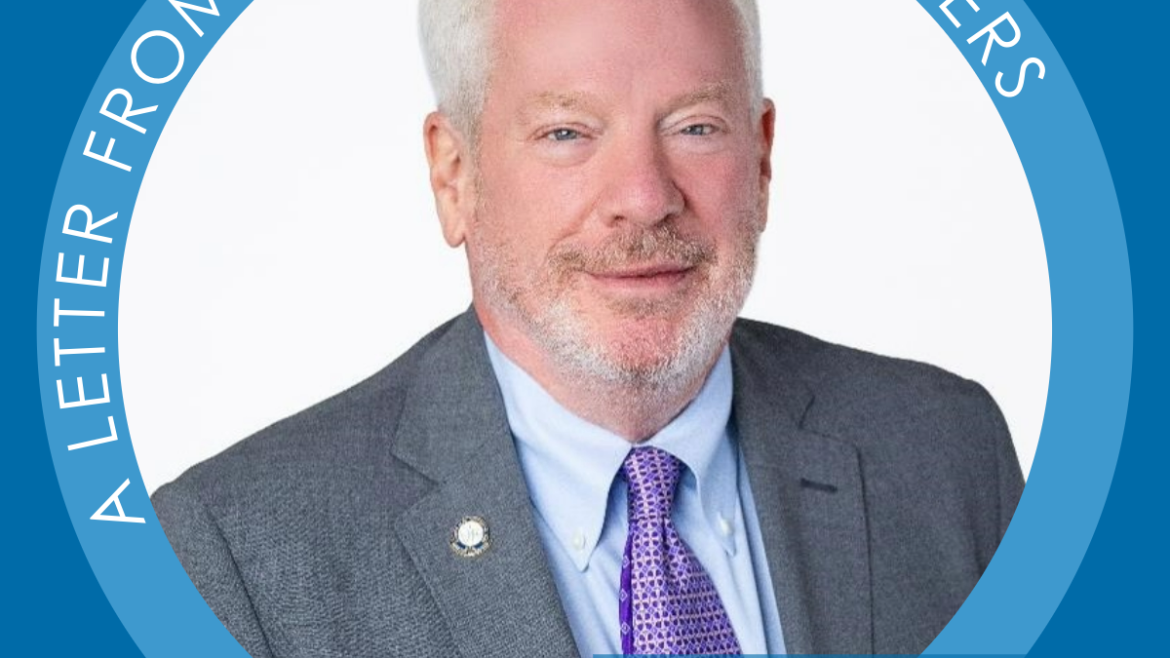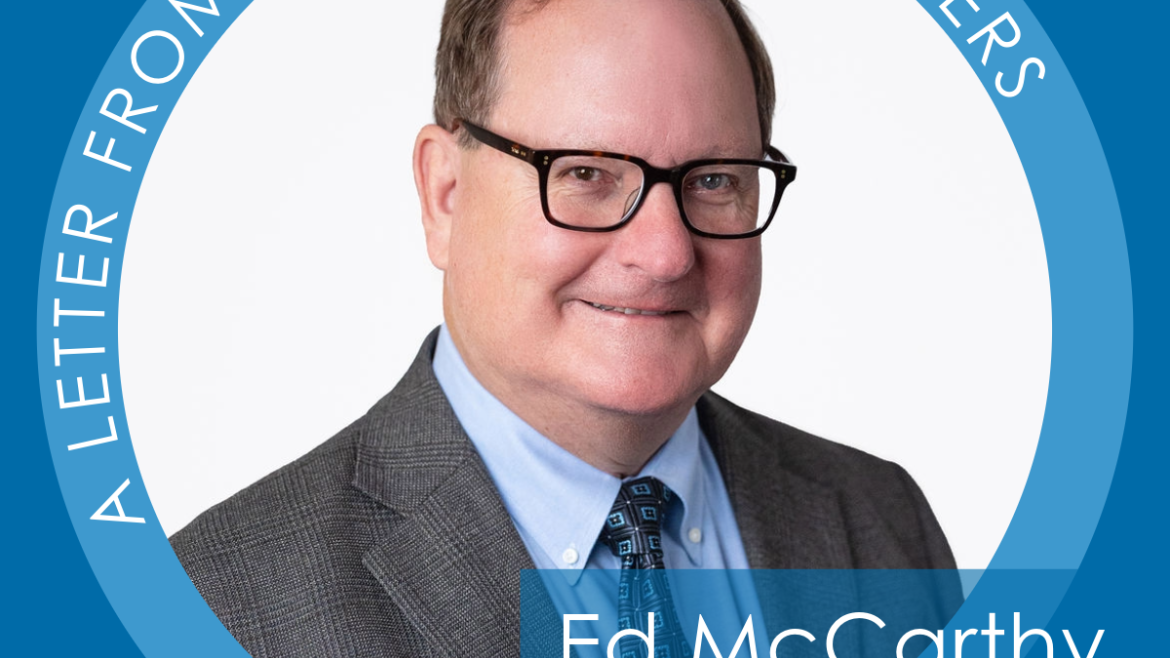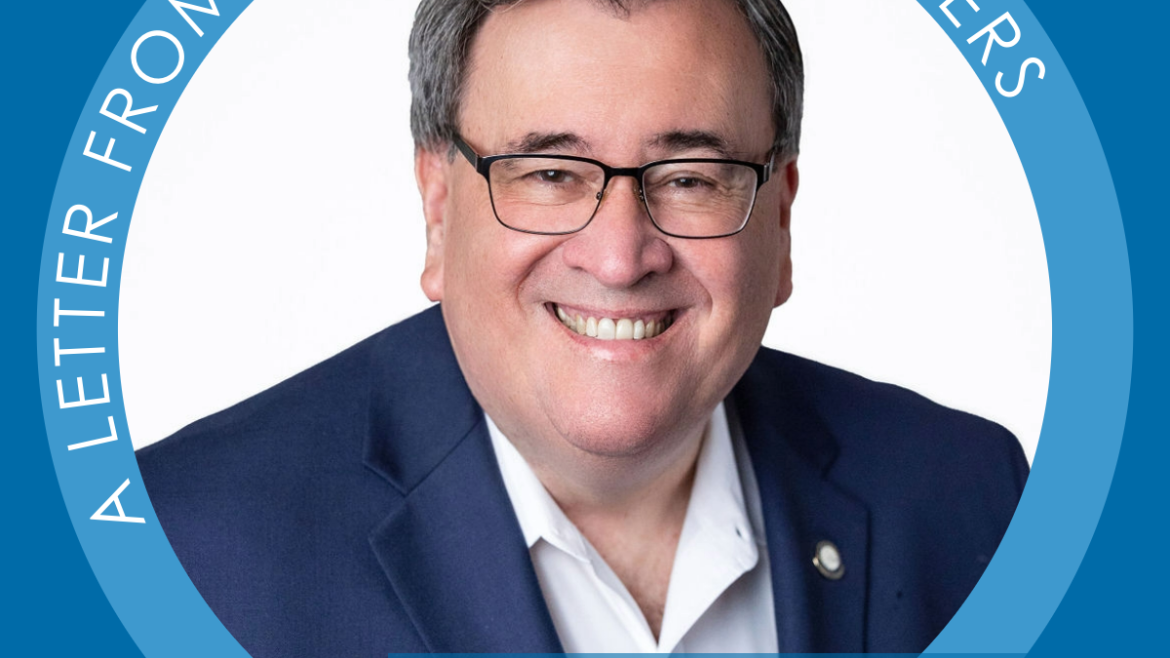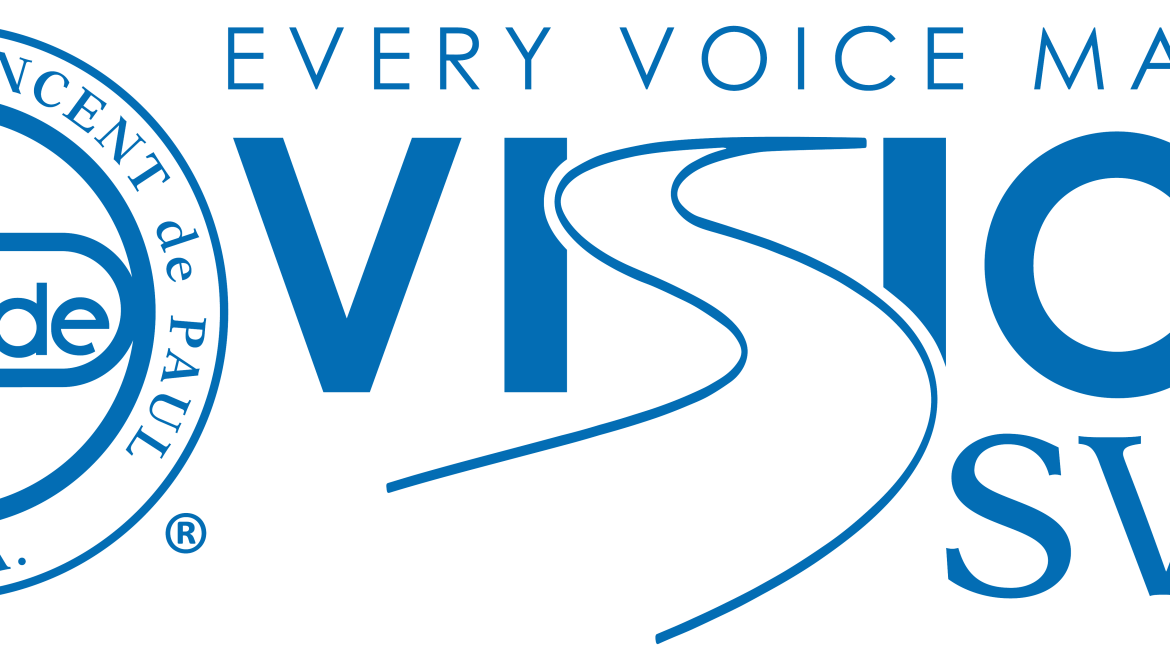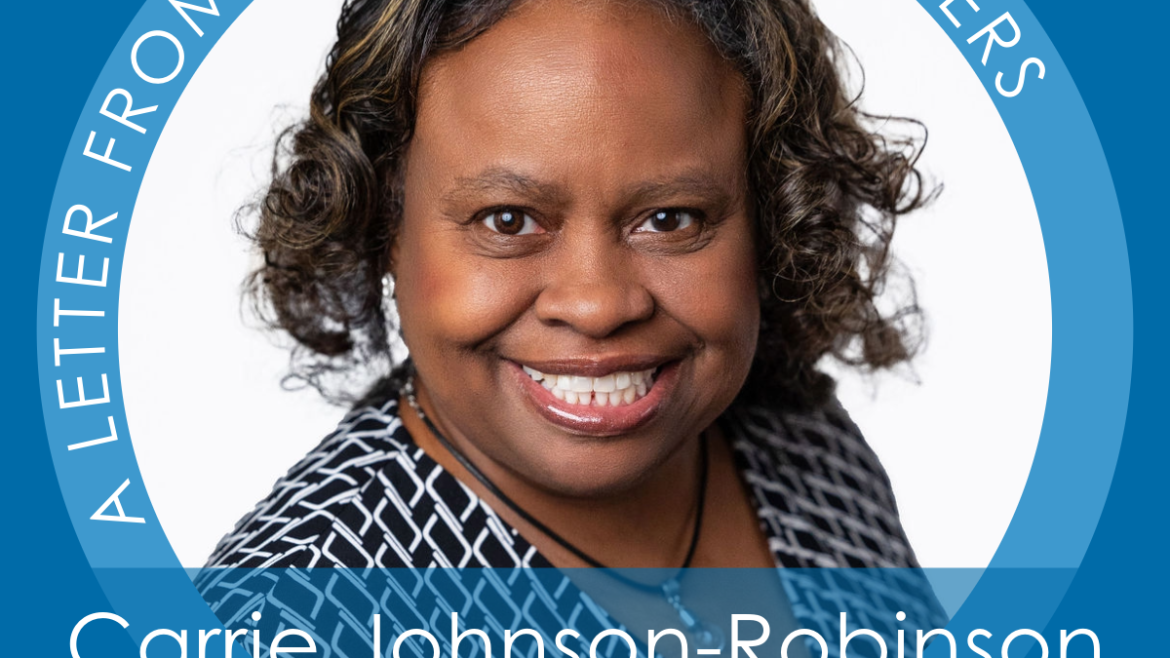It has been six months since I assumed the office of National President of the Society. The time has flown by, and it is hard to believe that it has been that long (although to be honest, sometimes it feels like it has been six years!). I have been truly blessed to meet so many of you, and I am looking forward to meeting many more of you as we enter the 2024 Regional Meeting ‘season’ and I get out to many of the meetings.
Since I served on the Board of Directors for six years when Ralph Middlecamp was President, I was aware of what to expect as National President. But I must say that I have been saddened and disturbed by the number of situations that the Board, the Staff, and I have had to deal with in just six short months about individuals, Conferences, and Councils that have needed intervention or disciplinary actions.
As I reflect on these situations, many still ongoing, it has become obvious to me that they almost always stem from root cause failures in one or more of three areas: money, spirituality, or governance. In one case it is usually too much — money. And in the other two, it is usually not enough — spirituality and governance.
The money issues we deal with are not all what you might expect as you read this. They are not all about people stealing or diverting resources. No, most problems we see with money are the improper use of Conference and Council funds in violation of The Rule and hoarding. Coming out of COVID, we were (and are) blessed with bank balances in some places that are exceptionally large, well beyond the needs of the Conference or Council in the short or even medium term.
All too often, what happens is that, in good faith and with good intentions, they decide to see who else they might help. So, they decide to help the Parish get that new roof, or build a playground, or donate to the local Red Cross, etc. These are all wonderful things. The Rule also forbids them. If you have excess funds, reach out and find other Conferences and Councils in your area or beyond who do not — there are A LOT OF THEM! — and give them some help. Twinning is what we do.
Spirituality is another area that underpins so many of the issues I see as National President. Or rather, to phrase it properly, a LACK of Spirituality is what underpins so many issues. And it is not just that we do not focus on spirituality, it is that we focus on the wrong spirituality! If your Conference of Council is not using the Vincentian Spiritual resources provided by the National Formation Team to create your spiritual reflection periods at your meetings, then you are doing it wrong.
We are the Society of St. Vincent de Paul. We are not the parishes’ Adult Education Program. You should not be using the Spiritual Reflection time at your meeting to be focused on those things that are not related to our work as Vincentians. If you need help in putting together a great spiritual time of reflection, contact Tim Williams or Sister Consuelo in the National Office. They will set you up. Oh, and if your Spiritual Reflection period at your meetings is a five-minute reading of the weekly reflection and then ‘on to the business stuff’ please give them a call — you need them!
Governance is the last and most complex area where we see ongoing issues. Governance can be tricky and complicated, and not everyone understands it. As the former Chair of the National Governance Committee, I have a special passion for governance and governance issues. It is an area that can quickly get you into trouble, both legally and internally with the organization. We have a robust and ready Governance Committee led by First Vice President John Hallissy. If you need any support, have any questions, or just want to have what you are doing checked out, contact John.
We can all do things a little better to make our jobs easier. I understand most of you are volunteers — so am I. But that does not mean we should not be doing everything we can to be the best volunteers we can and be doing things right, every time.
Peace and God’s blessings,
John

